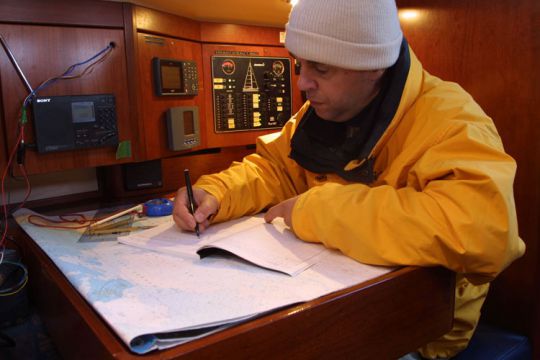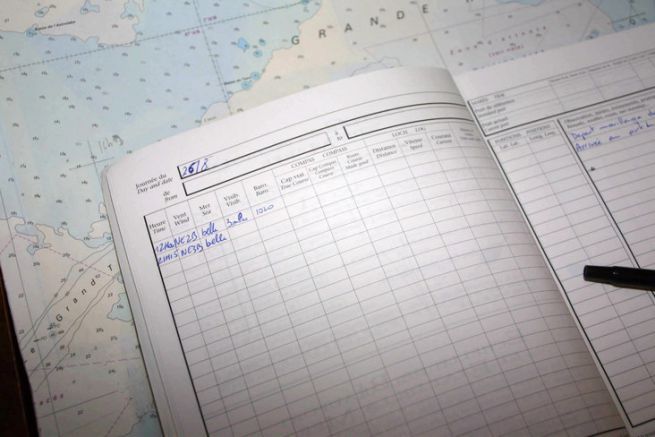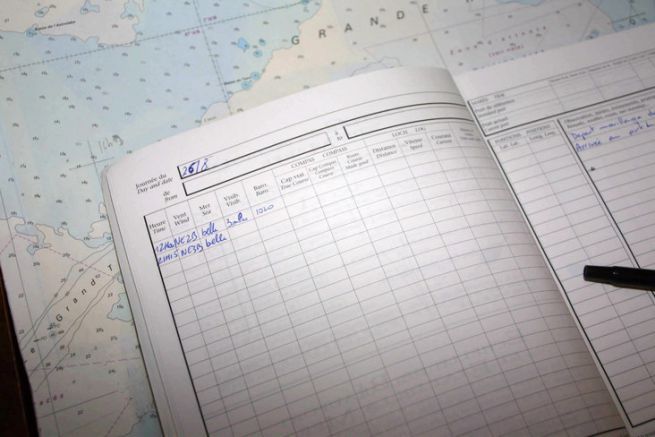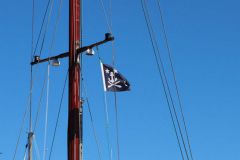Why keep a journal of bord??
Apart from the legal obligation, it is an extremely important administrative document, testifying to all the events on board and the necessary measures taken during navigation. It is the memory of events.
And it is in the event of damage that this document will take on its greatest importance. According to the law, it is authoritative until proven otherwise.
An old detailed regulation
If today, section 240-2.07 of Division 240 describes the logbook as "..." a logbook containing the elements relevant to the monitoring of the navigation and safety of the ship" without giving more information, the old version (decree of 11 March 2008) was more didactic.

How does rédiger??
What should we put dedans?? All the important elements... That's a nice catch-tout?! So, let us try to see more clearly because the spirit of the law wants to appeal to common sense:
- We'll put in notions related to time the day and the hour.
- We will describe the aviation environment the barometer, the state of the sky, the strength of the wind.
- We will report the nautical environment sea state, tide, course, speed, geographic coordinates.
- We will record the marine environment The following information is available: speed, sails, engine speed, fuel capacity, engine hours and possible damage.
- Let's not forget place and time of departure, destination and stopovers .
Finally, and very importantly, we will inform the role of the crew . That is to say, the identification of the crew and the skipper - in other words the person in charge of keeping the logbook and the responsibility of the crew and the boat.











